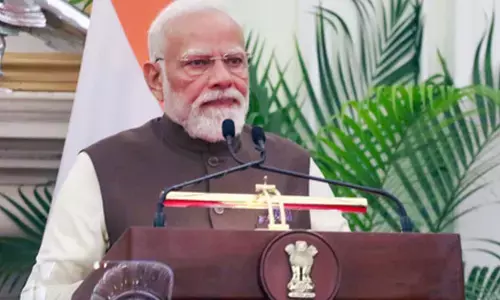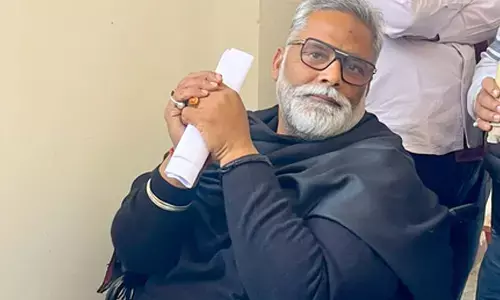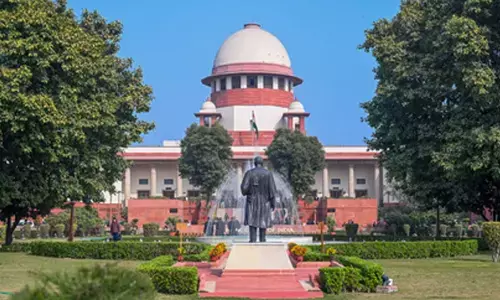Cultural nationalism is here to stay

Cultural nationalism is here to stay
On Friday, when President Ramnath Kovind donated Rs 5 lakh in personal capacity for the construction of Ram Temple in Ayodhya to the trust, life came a full circle for the Indian Republic
On Friday, when President Ramnath Kovind donated Rs 5 lakh in personal capacity for the construction of Ram Temple in Ayodhya to the trust, life came a full circle for the Indian Republic. In 1951, when deputy Prime Minister Sardar Patel wanted the Somnath temple to be renovated by the Congress, it was opposed tooth and nail by Pandit Nehru, who wanted the new state to be at arm's length from the renovation of the Somnath temple in Gujarat.
It led to a terse exchange of letters between Sardar Patel and India's first Prime Minister Jawaharlal Nehru. The context was Somnath temple but the fight was over the idea of India and how the state will deal with religion in future. Nehru wanted distance but many in the Congress felt that Hinduism cannot be dealt with the European model of separating the state and the church.
Today the national consensus based on French secularism has been replaced by cultural nationalism promoted by the RSS. The latter has moved to the political fringe and former has become mainstream.
Nehru did not participate in the renovation of the temple. After Sardar Patel passed away, the matter was carried forward by another Cabinet Minister KM Munshi. Nehru was also opposed to President Rajendra Prasad attending the lingam installation ceremony which he eventually attended in 1951.
Though money was raised from non-state actors by K M Munshi but it was enough to raise temperatures within the Nehru government which had become very sensitive to the issue of religion. Despite Nehru's objection Munshi and Rajendra Prasad ensured that they remained attached to the renovation project.
In fact the first Lok Sabha elections were fought by the Congress on the issue of communalism and inter-religious harmony. The construction of Ram Temple has become synonymous with national pride. Instead of remaining a legal issue about ownership of a piece of land, it became a matter of faith in the 1980s.
Though the meeting between the President and the Trust was personal in nature, it is a reflection of how mainstream acceptance of nationalism has changed in India. It marks a move from Constitutional Nationalism to Cultural Nationalism where the state does not feel uncomfortable with religious ceremonies. In the 1950s, for the Hindu Right group Somnath was symbol of a wounded Hindu pride as the temple was desecrated thrice over a period of 500 years.
The issue did not receive much traction because of Nehru's leadership but all this changed in next 50 years especially after Balasaheb Deoras became the RSS chief. He pushed the VHP to make the Ram Temple a political agenda and the BJP ultimately had to adopt it as their political agenda during the Palampur Session in Himachal Pradesh. It is for this reason that LK Advani started his Rath Yatra from Somnath temple for the construction of Ram Temple in 1990s.
The Indian Constitution during the Emergency also saw the word secular added to its preamble but the matter remained contentious even then. The difference is that there exists public acceptance to the phrase 'cultural-nationalism' and change in mindset towards the relationship of the state with Hindu religion.
It also reflects the realignment of Hinduism with nationalism. Whether, India of the future resets the clock or not, for now cultural nationalism is here to stay. The relationship between state and Hinduism has s been further cemented through the process of through the process of judicial scrutiny and construction of the temple.










